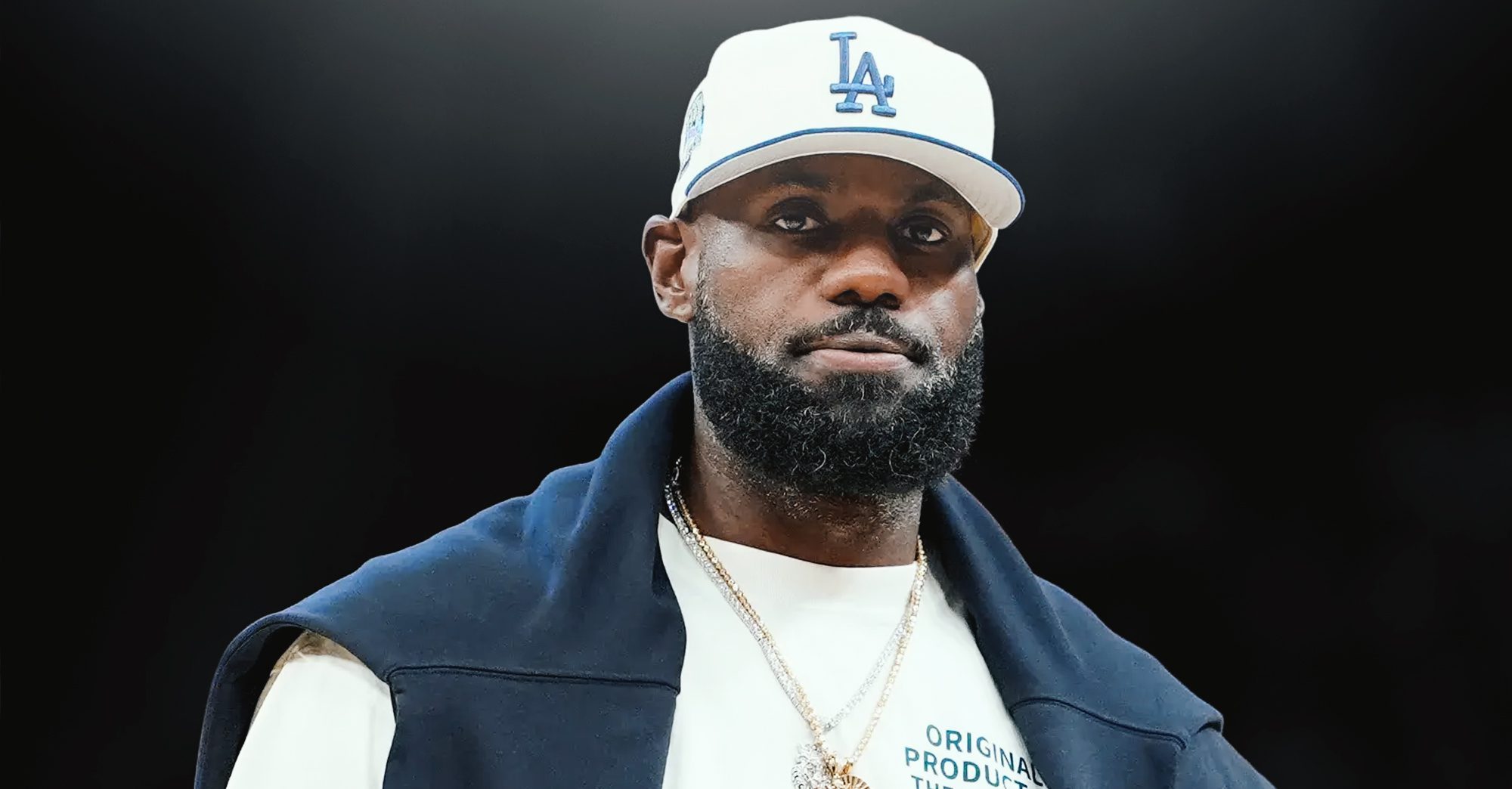[ad_1]
Back in March, Alonzo Mourning underwent a surgery to remove his prostate and has just announced that he is now cancer-free. The Hall of Famer’s success was first reported by ESPN’s Adrian Wojnarowski, who said that the former player was diagnosed with Stage 3 prostate cancer in February.
However, the seven-time All-Star said that he first noticed something was wrong late in 2022, when urologist Dr. Maury Jayson told him that his PSA scores were “creeping up.” The doctor then opted to set an MRI screening on his prostate, which showed several “shadows” in the imaging and required a biopsy.
Not too long after the MRI, Dr. Sanoj Punnen, called Alonzo with the news that he had a Gleason score of 8, which meant he had a high-grade of prostate cancer. The urologic oncologist from the University of Miami urged him to make a scan.
Hall of Famer Alonzo Mourning underwent surgery to remove his prostate after a diagnosis of Stage 3 prostate cancer, per @wojespn.
The former NBA champion is considered cancer-free 🙏 pic.twitter.com/jaUaoCFMOk
— ClutchPoints (@ClutchPoints) June 3, 2024
“And Dr. Punnen tells me, ‘I want to get a PET scan immediately to make sure cancer hasn’t spread through your body,’” Mourning told the press. “I was in shock. I can’t tell you enough about how well my body felt. I was in top-notch shape — running sprints, strong. The doctor told me that he couldn’t believe I had had a kidney transplant.”
The former star appreciated his wife’s support. “My partner Mariona is waiting for me outside the PET scan, and we are nervous as hell. I’m sitting in the machine with my arms over my head and my mind racing — waiting for the technician to read the scan,” he shared.
“We ended up in a cold waiting room waiting for the tech to come in and finally he looks at us and says he’s got good news: The cancer is still in the (prostate) capsule and hasn’t spread,” the Hall of Famer recalled the results from those first exams.
Now that he’s survived the process, the NBA icon wants to dedicate himself to advocate for people who need to get screened
After his recovery, one of the most important lessons for Mourning was about the importance of advocating for people at risk to get screened. “We live in a world where it’s taboo among men to talk about health issues,” he assured. “If I didn’t get routine checkups, I probably wouldn’t be here to talk about this. I want men to be proactive with their health.”
In the United States, approximately 1 out of every 8 men are diagnosed with prostate cancer -according to the American Cancer Society- and it has now become the second-leading cause of cancer death among men.
“What scares me about this disease is that there are so many men walking around feeling great and have that cancer in them and they don’t know it,” said the former Heat star.
Alonzo urges all men to get tested as soon as possible. “The only way to find out is to get their blood tested and get their PSA checked. There are 3.3 million men living in the U.S. with prostate cancer and many don’t even know it. I was one of those guys,” he acknowledged.
[ad_2]


